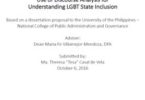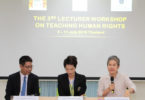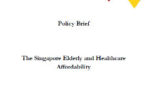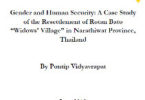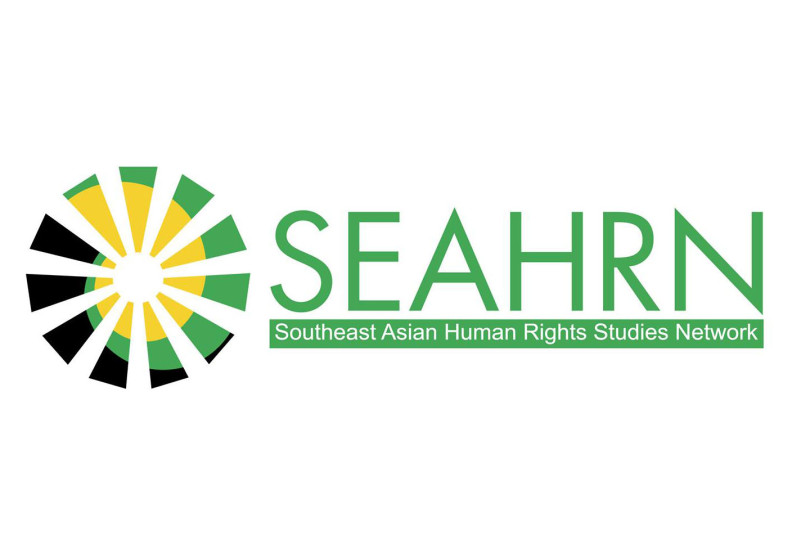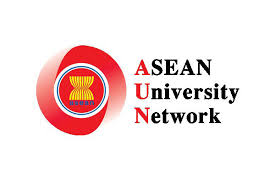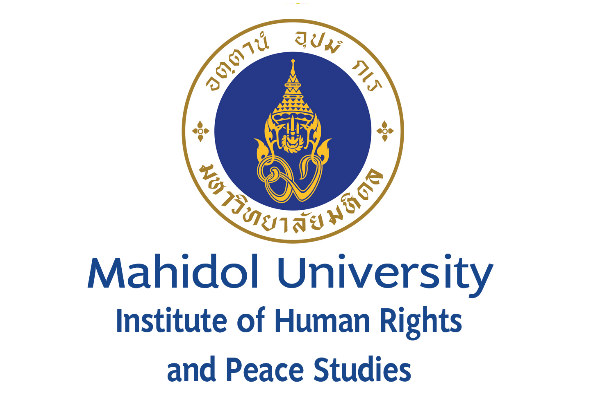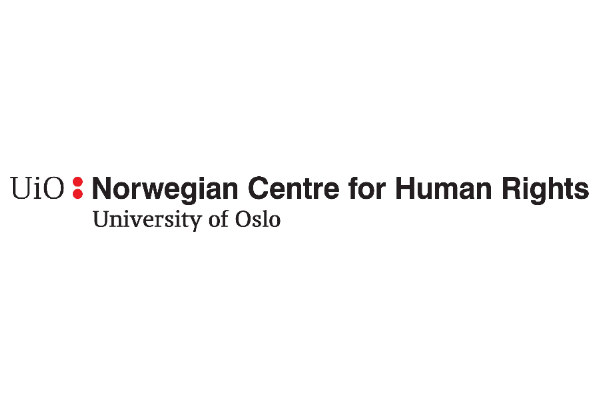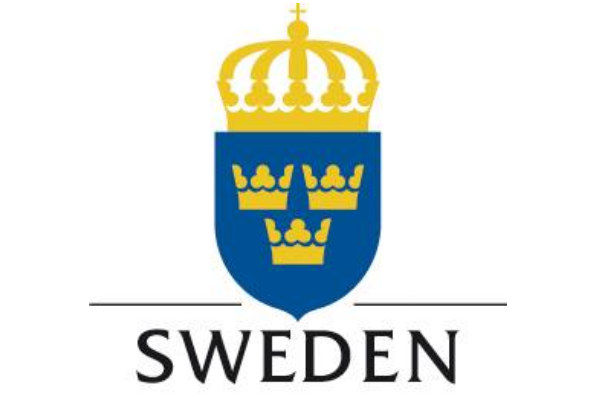This article attempts to depict the contribution of the Gerakan Aceh Merdeka (GAM) amnesty law (‘amnesty law’) towards the promotion of reconciliation in post-conflict Aceh. Whilst amnesty laws can serve as solution to states in times of internal conflicts, they lack the ability to bring about sustainable peace and reconciliation. In the case of post-conflict Aceh, the amnesty law for former GAM combatants, combined with the Disarmament, Demobilization, and Reintegration (DDR) program as well as exclusive political participation and empowerment programs, appears unable to work effectively in a context characterized by deeply embedded power-sharing issues. More than a decade after the peace agreement, the envisioned win/win end of “will to empower” amnesty beneficiaries has been confined by the win/lose arrangement of “will to power” amongst them. In this framework, the GAM amnesty law creates class division among former combatants, the political elite, economic rank-and-files, and non-amnestied groups. This class division is essentially counterproductive to the reconciliation process enshrined in the amnesty law. Within the current post-conflict policy, which attempts to apply a developmental-welfare approach for former combatants, it appears that any future violent conflict reoccurrence should be anticipated by the government.
Download
Author: Harison Citrawan
Topics: Peace and Security




